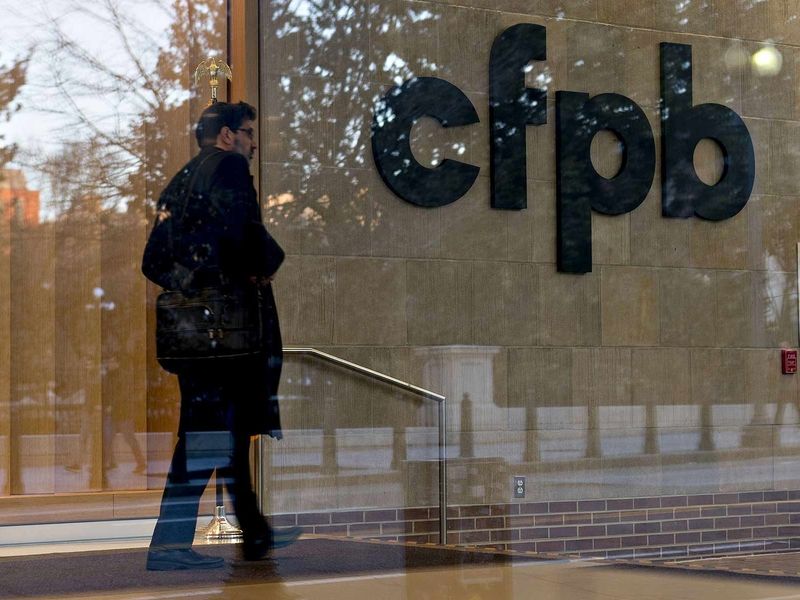
The Consumer Financial Protection Bureau last week issued a final ruling on what constitutes fair debt collection behavior when communicating with consumers and outlined what is prohibited under that definition.
While lenders aren’t third-party debt collectors, American Financial Services Association leaders voiced concerns this year that its membership could end up being similarly restricted.
AFSA said in January its members were wary of the fact the bureau included in its proposed amendments a mention of the CFPB’s authority around violations of UDAAP — unfair, deceptive or abusive acts or practices — in crafting the changes to the rule. While the updated rule no longer calls upon the bureau’s UDAAP authority, it may provide a framework for state legislatures and regulators to impose new restrictions on creditors down the line.
Celia Winslow, senior vice president at the American Financial Services Association, said in a statement that the bureau’s final rule was issued solely under the Fair Debt Collection Practices Act, not jointly with UDAAP authority.
“We are pleased that with this change, creditors are clearly excluded,” she said. “Even so, there is the possibility that regulators could use the rule as a standard for anyone collecting a debt. This would be a mistake.”
Third-party debt collectors and debt buyers differ greatly from creditors collecting their own debt, Winslow said. For the bureau to apply a rule regulating two groups that operate under different business models with different incentives “would end up hurting necessary and beneficial communication between creditors and their customers.”
Though the rule doesn’t directly apply to creditors, if auto lenders hire third-party debt collectors to work with their customers on outstanding vehicle debt, for example, that collection activity must comply with the rule. It is unclear how states may interpret the rule, and if the rule could eventually be applied to creditors seeking their own debts, AFSA said.
The rule clarifies how the protections of the Fair Debt Collection Practices Act against “harassing, oppressive, or abusive conduct” apply to technologies such as email and text messages. In the 653-page document, the CFPB said the rule gives consumers more control over the frequency they are contacted about a debt, and through what means debt collectors can communicate with them.
Under the rule, a debt collector is allowed to call someone from whom they are trying to collect a debt no more than seven times within seven consecutive days. Once the bank reaches the customer, the debt collector must wait at least a week before calling the consumer again.
“With the vast changes in communications since the FDCPA was passed more than four decades ago, it is important to provide clear rules of the road,” CFPB Director Kathleen Kraninger said in a statement. “Our debt collection rulemaking provides limits on debt collectors and provides clear rights for consumers.”
The rule also requires debt collectors who communicate electronically to offer “a reasonable and simple method” for the debt holder to opt out of communications at a specific email address or phone number. If the debt collector communicates through a particular medium, customers can use that same channel to place a cease-communication request, or notify the debt collector they refuse to pay the debt, the bureau said.
The bureau said it considered the more than 14,000 comments received during the public comment and rulemaking process.
A second debt collection final rule that focuses on consumer disclosures will be issued next month, the bureau said.
Ensuring creditors can contact their customers and work with them on their debt situations was a key component of the bureau’s rule, particularly in light of the coronavirus pandemic, Winslow said.
“We have seen how crucial this flexibility can be over the past seven months,” she said. “Focusing on third-party debt collectors in this rulemaking both protects consumers and means efficient, expeditious resolution by creditors, which in turn also benefits their customers.”